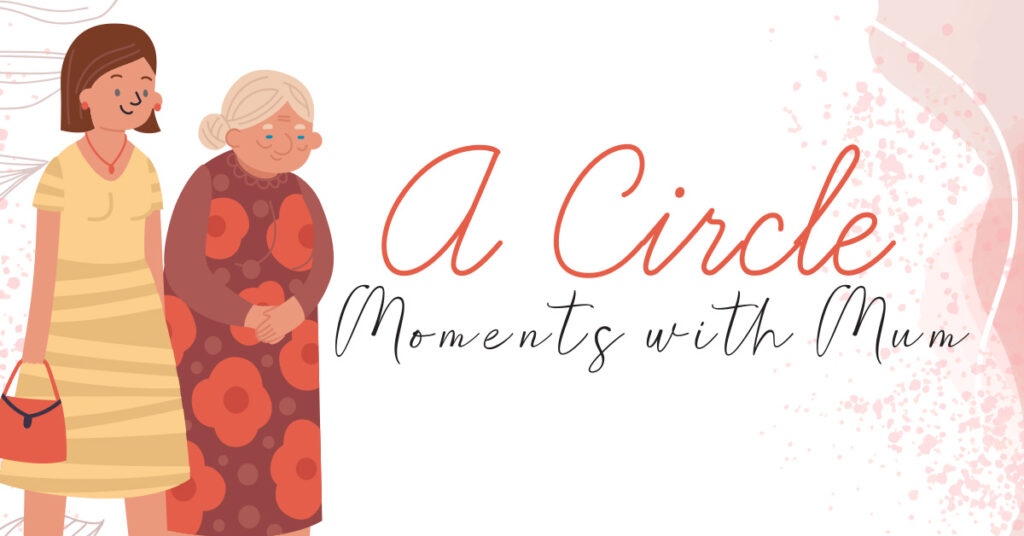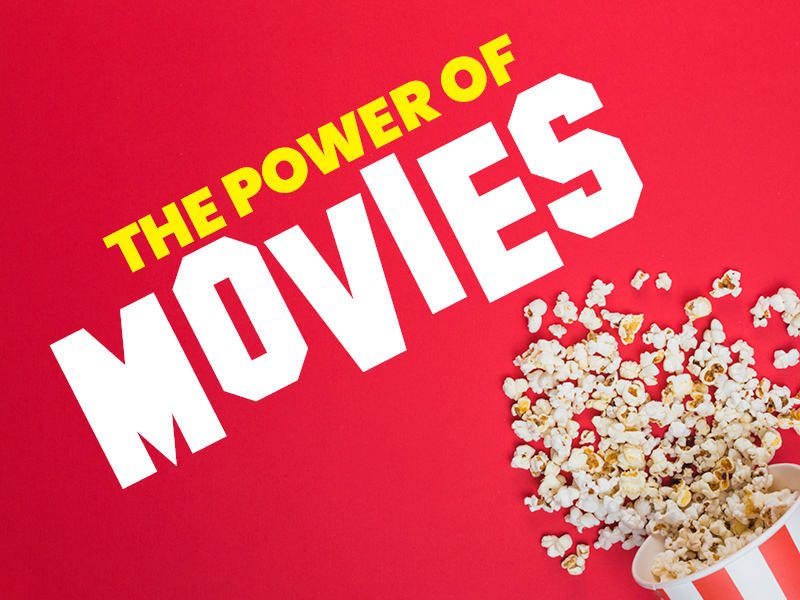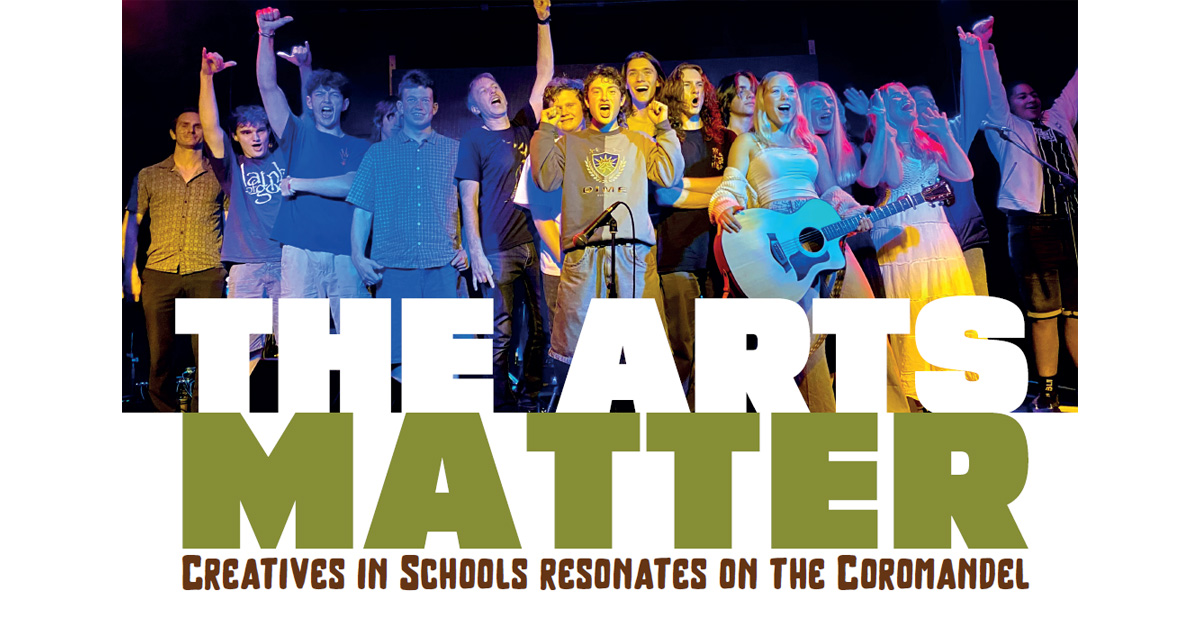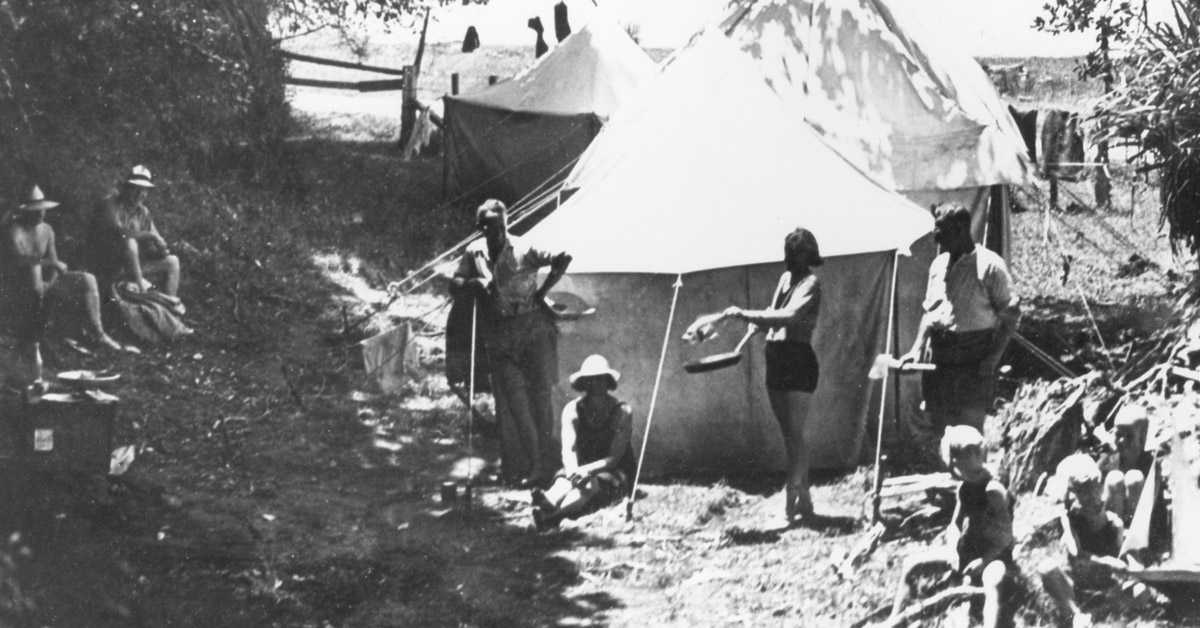
Circles.
Her eyes light up as I walk in: I’ve always loved her eyes, an unusual uniform colour like a warm brown; circular pools of melted chocolate. Today, she’s alert and animated. “Stella! It’s so good to see you.” Mum always speaks with emphasis. With meaning.
We live too far away. I call her most days, but technology is such a poor substitute for a real hug, a real conversation.
I hold her hand in my hand. Those hands, once strong, raised eight kids, cooked, cleaned, typed, painted, wrote. Now they are their own alien landscape: deep blue valleys, soaring white mountain ranges where the skin stretches over her frail bones, angry red bruising spots. The result of blood thinners, I imagine. Her skin is soft now, but wispy thin. Her hands shake, a little, not much. Parkinsons. The drugs she is on control the shaking, but the underlying tremor is always there. The ever-present reminder of frailty.
Her nails are beautiful. That’s some sort of blessing, because she never really had nice nails. Aging must have some benefits. Pyrrhic victory.
I take a photo of us on my phone. ‘Make a photo’ is the phrase that mum uses. Her Dutch accent still there, after 70 years of living in New Zealand. I don’t really notice it. I never have, really.
We look at the photo. Mum’s melted chocolate circles burn brightly still. I wonder where I got my eye colour from. Dad had bright ocean blue eyes. My two daughters have blue eyes, my two-year-old grandson has mum’s melted chocolate and his baby sister has dad’s ocean blue. Mine are just plain grey.
“Hah,” I tell mum. “Look at that! I missed the eye-colour lottery, I got the dud colour.”
She smiles and tells me that, actually, I got all the colours, just mixed together. Typical mum, usually forthright and direct, surprises me at the most unusual times; today, diplomatic, gentle. We both smile, thinking of the genetic threads that stitch us together, drifting between people past, people present and imagined futures.
She’s lost so much weight, like a frail little bird. Looking at the photo I realise how faded she has become. I see it, and I don’t see it. She’s the same as she always was in so many ways, but lately these are just glimpses, passing shadows in a reflected mirror. Mostly, now, I’m struck with how frail she has become, unable to stand without help, unable to walk more than a few metres.
I bite back the tears that well up from a place I didn’t know existed.
She’s tired, she tells me, and everything hurts. Nothing specific, just all-over-ache. She mainly sleeps, she says. Except for at night, when she can’t. Then, her imagination runs wild. Her little sister who died when she was ten comes to visit. Dad calls out to her, asking her to follow him. I ask her, does she want to go? “No,” she tells me. “Not yet. I’m not ready yet.”
“Well, that’s a relief! I’m not ready to be an orphan.”
We laugh, a little, not much. Then silence, both contemplating the unthinkable.
“It will happen,” she tells me, “you’ll be okay.”
I won’t.
I help her onto her bed and give her a back rub. I’ve brought some anti-flamme lotion with me. I gently massage her shoulders, then her lower back, tracing the outline of her spine, finding the muscles, careful not to press too hard. She sighs. Such relief, she says. I move to her legs and massage her calf muscles and her feet. She falls asleep.
I think of a life well lived. Well loved. I think of the fleetingness of it all. How life seems to inch along imperceptibly day-to-day, but looking back, it races away, spiralling into an unreachable abyss as it passes. I wonder how I got to be my age so quickly – wasn’t it just yesterday that I was a gawky teenager? A messed up thirty-year-old, trying to make sense of it all? A mother myself, trying to figure out how to do that crazy gig?
Did my own mother think like that? It seems like she is forever. That time started with her, and that she was always wise. And strong. And dependable. And there.
And I realise, she’s right. Again. That when the time comes, I will be okay. I will grieve, and I will remember, and then I will realise that there’s no stopping that unrelenting tide of life. And I realise that mum’s gift is the one that keeps on giving. I’ll carry her. In my genes, in my mixed-up paint pot of eye colour, in the way I mother my own children, and the way they mother theirs. And I realise that her waning is as necessary a part of the cycle that my 8-week-old grandson’s blooming is. And I will carry that as I, too, walk that circle.
Words by Stella Pennell






